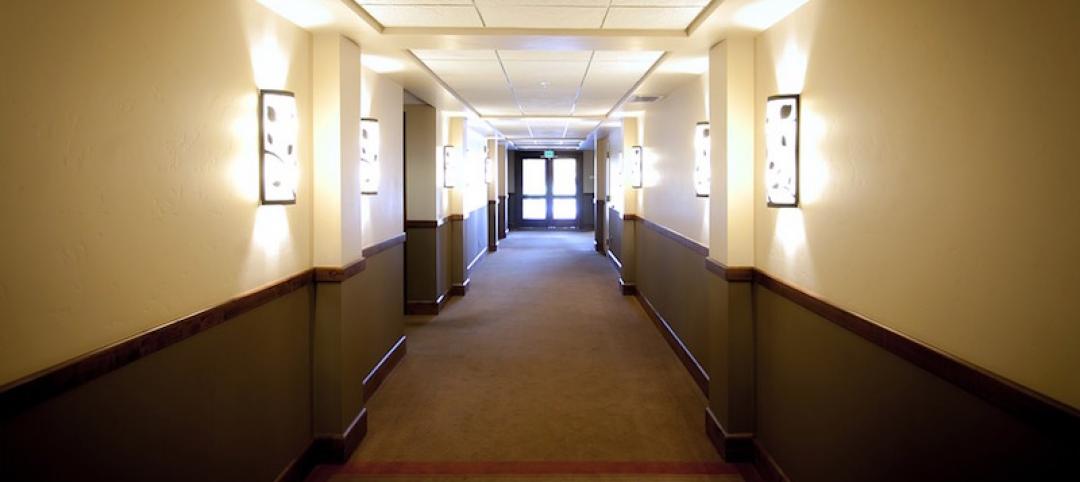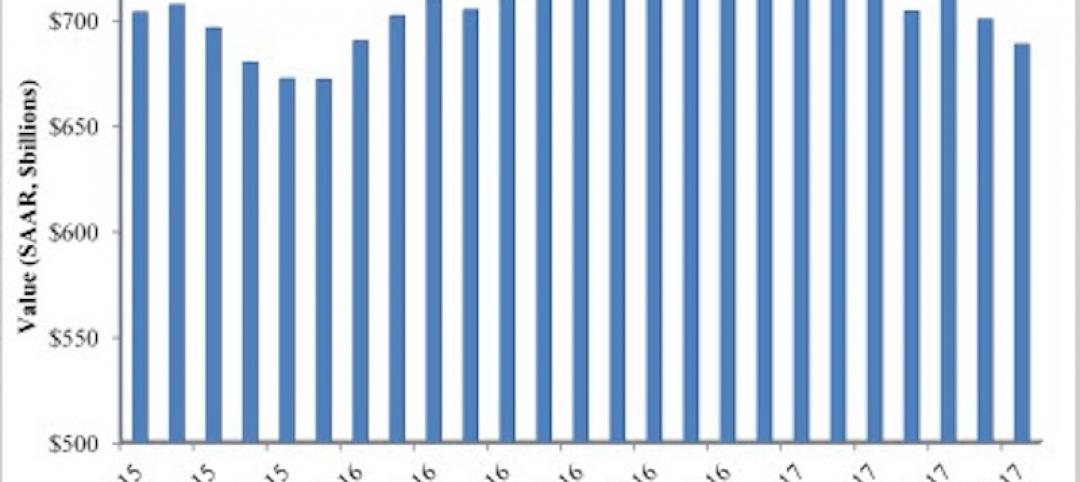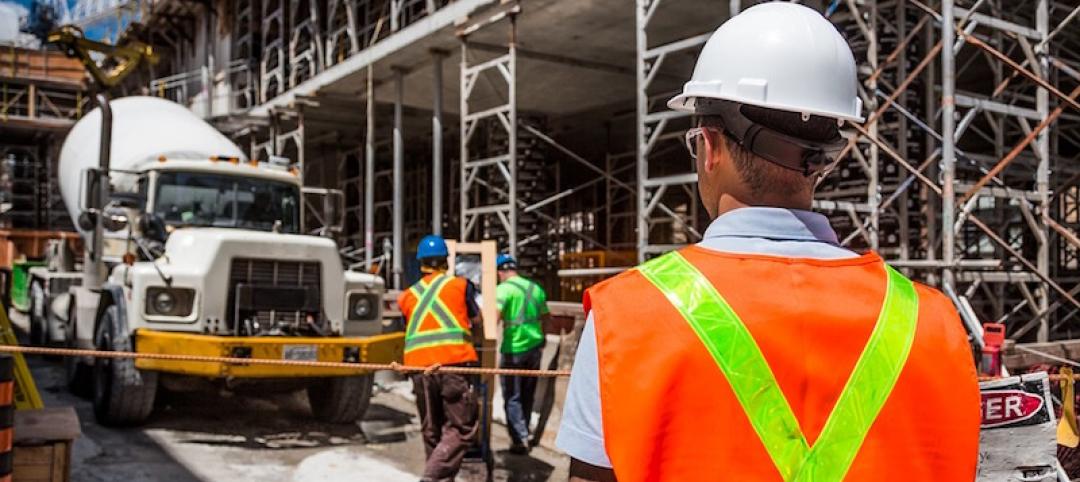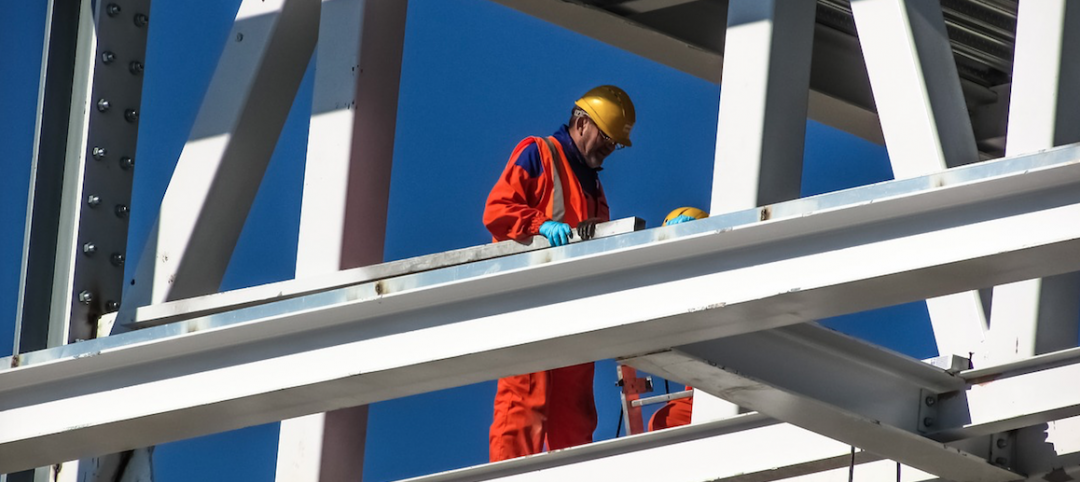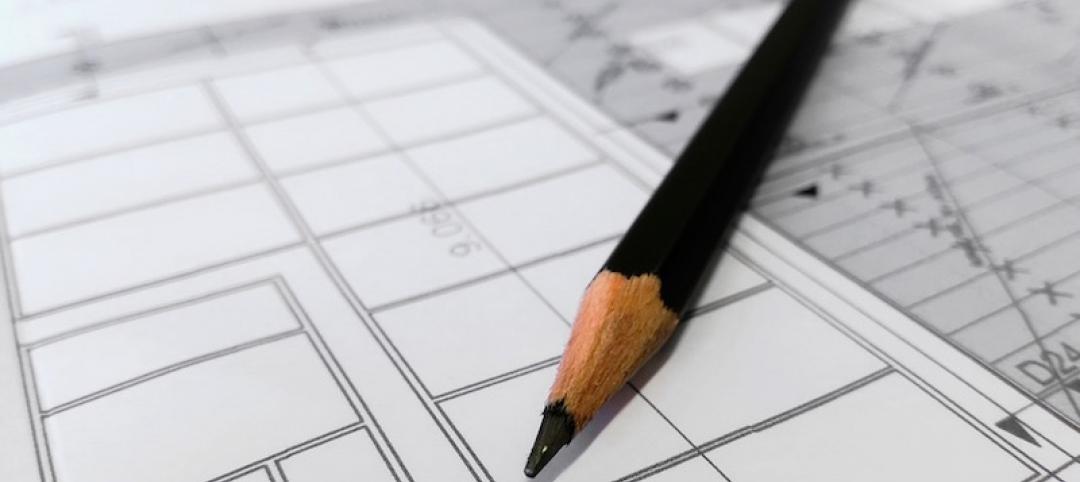As communities across the US initiate phased reopening plans, The American Institute of Architects (AIA) is releasing new resources today to support employers, public officials and design professionals with re-occupying buildings more safely.
“Communities need guidance for reopening buildings safely during the pandemic,” said 2020 AIA President Jane Frederick, FAIA. “This initiative used credible science and current infectious disease data to develop practical strategies that can help businesses reopen their doors more safely during this pandemic.”
AIA’s initiative included a team of architects, public health experts, engineers, and facility managers who developed strategies to reduce the risk of COVID-19 transmission in buildings, promote social distancing standards, and enhance wellbeing in communities transitioning to new lifestyle norms. A comprehensive report of the initiative is available on AIA’s website.
Initial outcomes from the team were used to develop new and enhanced tools that can assist employers, building owners, and design teams with best practices to protect the health, safety and welfare of the public while providing services.
- Tool #1 - Risk Management Plan for Buildings – Provides a comprehensive process for assessing hazards in buildings and reducing risk. This methodology not only can be applied during the pandemic but for all shocks and stresses to create more resilient buildings and businesses.
- Tool #2 - AIA Re-occupancy Assessment Tool (2.0) - Provides an enhanced framework of strategies for re-opening buildings, including restaurants, retailers, offices, senior living facilities, schools and housing.
- Tool #3 - COVID-19 ArchMap – Architects can now input design strategies that mitigate risk of COVID-19 for any building type to AIA’s map. The map is produced in partnership with the University of Kansas’ Institute of Health + Wellness Design and intended to facilitate design innovation.
Outcomes from the charettes are also being used to develop tailored strategies and considerations for offices, retailers, schools, and senior living facilities. Individualized reports will be released in phases, in the near future.
AIA’s team used a virtual charrette workshop-a method used to study specific issues in a limited time frame using an intense brainstorming session-to develop the strategies.
As part of the sessions, a group of public, environmental, and occupational health experts and physicians provided an independently developed, 90-minute briefing on SARS-CoV-2 infectious disease transmission, epidemiological models, and insights into the most current research of the virus as of early May.
A complete summary of the public health briefing is available online.
Visit AIA’s website for more COVID-19 resources for architects.
Related Stories
Hotel Facilities | Sep 6, 2017
Marriott has the largest construction pipeline of any franchise company in the U.S.
Marriott has the most rooms currently under construction with 482 Projects/67,434 Rooms.
Market Data | Sep 5, 2017
Nonresidential construction declines again, public and private sector down in July
Weakness in spending was widespread.
Market Data | Aug 29, 2017
Hidden opportunities emerge from construction industry challenges
JLL’s latest construction report shows stability ahead with tech and innovation leading the way.
Market Data | Aug 28, 2017
U.S. hotel construction pipeline is up 7% year-over-year
For the economy, the rate of growth may be low but it’s running on all cylinders.
Market Data | Aug 23, 2017
Architecture Billings Index growth moderates
“The July figures show the continuation of healthy trends in the construction sector of our economy,” said AIA Chief Economist, Kermit Baker.
Architects | Aug 21, 2017
AIA: Architectural salaries exceed gains in the broader economy
AIA’s latest compensation report finds average compensation for staff positions up 2.8% from early 2015.
Market Data | Aug 20, 2017
Some suburban office markets are holding their own against corporate exodus to cities
An analysis of mortgage-backed loans suggests that demand remains relatively steady.
Market Data | Aug 17, 2017
Marcum Commercial Construction Index reports second quarter spending increase in commercial and office construction
Spending in all 12 of the remaining nonresidential construction subsectors retreated on both an annualized and monthly basis.
Industry Research | Aug 11, 2017
NCARB releases latest data on architectural education, licensure, and diversity
On average, becoming an architect takes 12.5 years—from the time a student enrolls in school to the moment they receive a license.
Market Data | Aug 4, 2017
U.S. grand total construction starts growth projection revised slightly downward
ConstructConnect’s quarterly report shows courthouses and sports stadiums to end 2017 with a flourish.



